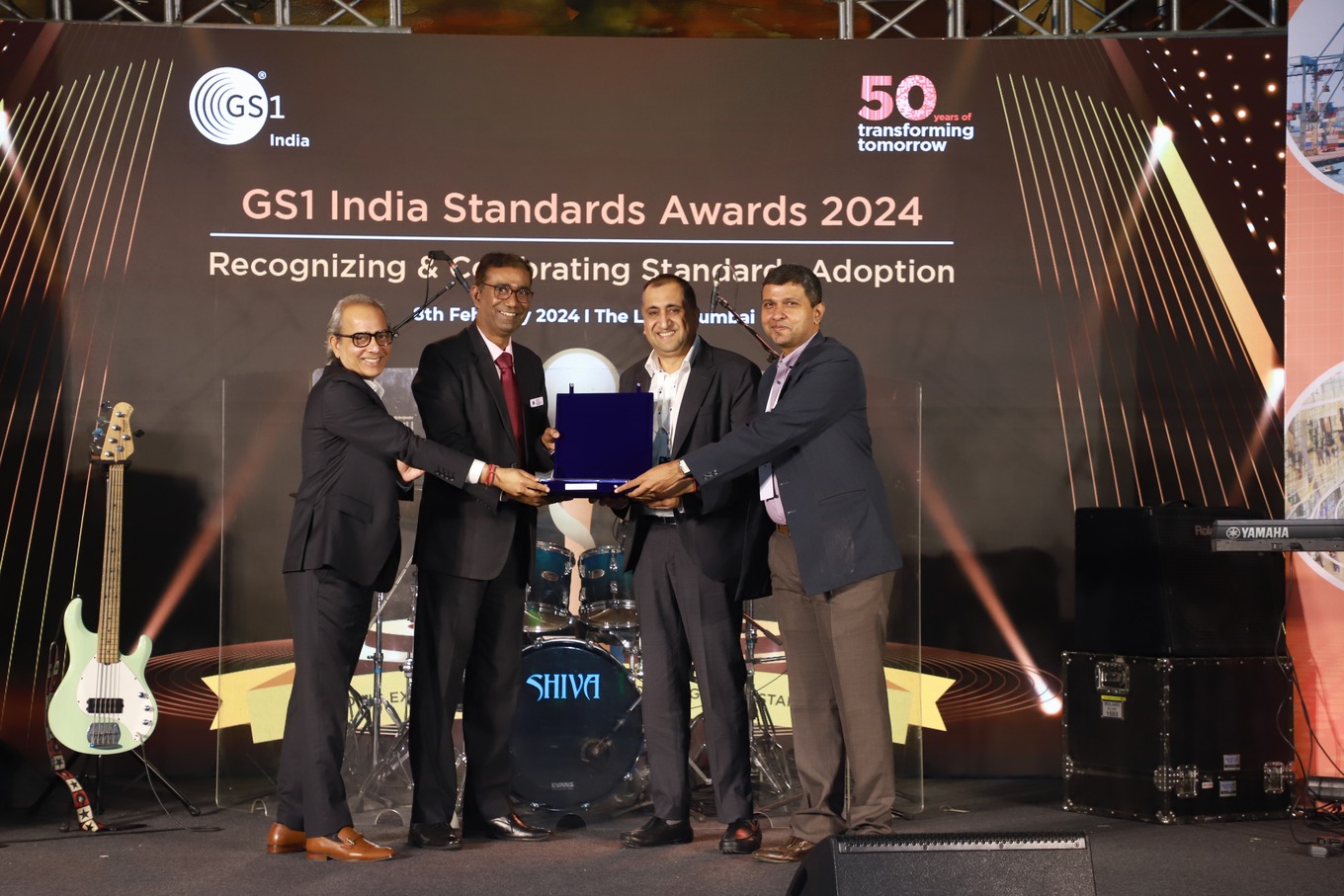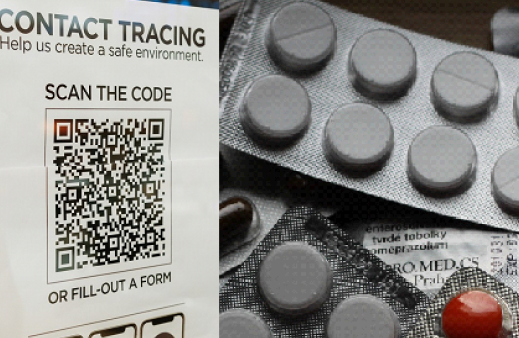(An Official publication of PharmaSecure)
Brazil published its UDI regulation in the official journal on 29th Dec’21. This resolution establishes the identification of medical devices regulated by ANVISA by a unique Medical Device Identification (UDI) system that enables the identification of medical devices in the country.
This resolution applies to all medical devices regulated by ANVISA, except customized medical devices and medical devices under clinical investigation.
General Requirements
The identification of medical devices regularized by ANVISA mentioned in the Resolution requires compliance with the determinations related to the UDI system by manufacturers and notification or registration holders.
Manufacturers are obliged to comply with the regulations set out.
- The manufacturer’s quality management system must implement a control mechanism that ensures that UDI is correctly assigned to the manufacturer or all products manufactured on behalf of the manufacturer according to the latest technology.
- For coronary stents, drug-eluting coronary stents, and implants for hip and knee arthroplasty, the normalization manufacturer or holder is the University Board RDC No. 25 August 2008. 59, April 5, 2011, Resolution of RDC No. 14 of the University Board and subsequent rules.
- The owner of the application or registration is responsible for ensuring that the manufacturer complies with the provisions set forth by ANVISA.
Unique Identification Of Medical Devices
- A specific UDI-DI for each manufacturer’s medical device model.
- A UDI-PI that identifies the manufacturing unit of the device and, if applicable, the device packaged as specified.
- Place the UDI on the label or on the product itself and the package above it.
- UDI storage by manufacturers, notice or registration holders, importers and distributors.
- Retention of UDI by medical services and medical professionals for a period equal to the retention period of patient records in accordance with applicable law.
- Creation of UDI database.
- Before the product is put on the market, the manufacturer must assign the product and, if applicable, the UDI prepared in accordance with the regulations of the ANVISA Notification Issuing Authority.
- For imported medical devices that are not classified as medical devices in the manufacturer’s country, the owner of the notice or registration shall assign the UDI in accordance with the conditions set forth in the head only if approved by the manufacturer.
- The UDI carrier must be placed on all higher-level packages except the label or the device itself and the shipping container.
- If adverse events, technical complaints, and field actions are reported to the agency’s information system, UDI, including UDI-DI and UDI-PI, must be notified.
- For medical devices that are exempt from IDU-DI or IDU-PI. B. Orthopedic trays whose content is configured for a particular order do not need to send appropriate exception information for reporting adverse events, technical complaints, and on-site measures. Without compromising the reporting requirements set by other regulations.
The Final And Transitional Provisions
After the effective date of this Resolution, the deadlines for assigning the UDI, according to the caput of art. 8, apply the UDI supports. The regulation states that the regulation will take effect on 10 Jan. 2022,
I – 2.5 years for risk class IV medical devices;
II – 3 years for risk class III medical devices;
III – 4 years for risk class II medical devices;
IV – 6 years for medical devices risk class I.
For reusable devices in which the UDI support is placed on the device itself, It is applicable two years after the end of the periods referred to in the caput for the respective class of medical devices.
Compliance with the provisions of this Resolution is optional for the medical device manufactured before the deadline established in art. 15.
In the cases of medical devices listed. The affixing of the UDI support to traceability labels applies to devices manufactured after June 20, 2020.
ANVISA may suspend the commercialization, import and/or use of the medical device until the provisions contained in this Resolution are complied with in the event of non-compliance with current legislation or inconsistency that justifies such sanitary measure.



